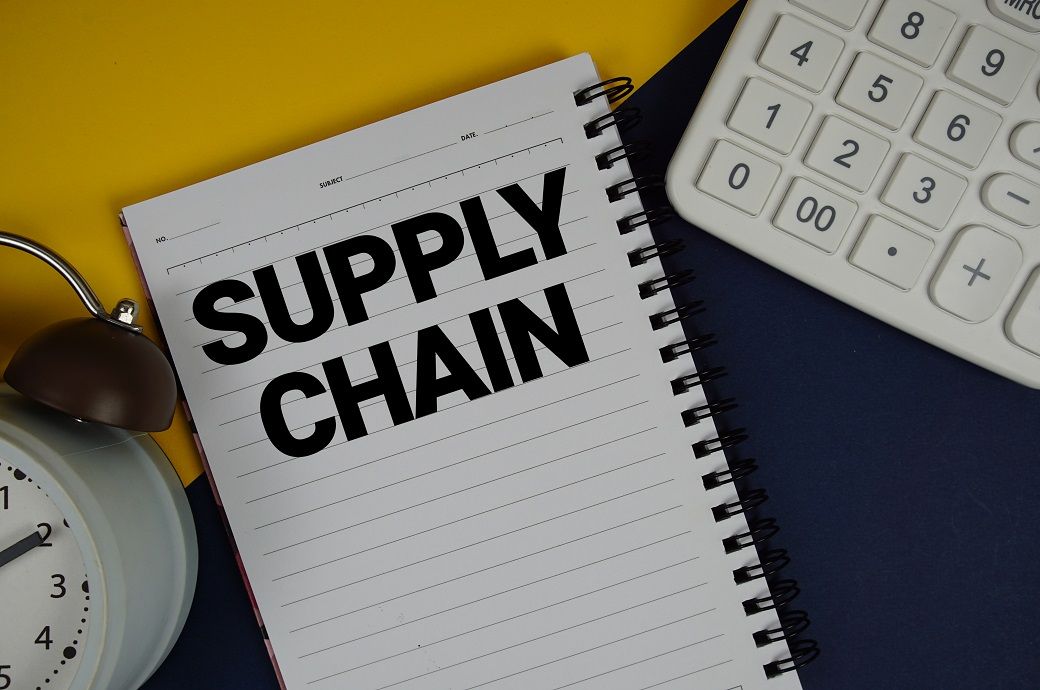
Thirty-two per cent of business leaders admitted their organisations are yet to integrate supply chain leadership into board-level decision-making.
The report calls for greater integration at the level of chief executive officers (CEOs) and long-term investment to unlock the full potential of supply chains, a PwC release said.
“In today’s volatile business environment, supply chains sit at the intersection of trust, technology, and transformation. Their elevation from backroom functions to strategic enablers is critical to building resilience, agility, and sustainable growth,” Ajay Nair, partner and leader of supply chain and operations at PwC India, said.
The study, which covers sectors such as manufacturing, retail, fast-moving consumer goods (FMCG), e-commerce, engineering, procurement and construction (EPC), infrastructure, pharmaceuticals, medical technology, and oil and gas, and chemicals.
The report, titled ‘Backroom to boardroom: Securing supply chain’s seat at the table’, gathered insights from over 150 business leaders across India-based organisations with global operations.
The report highlights responsiveness, resilience, and sustainability as the three glide paths shaping the next generation of supply chains, supported by a 12-point road map for transformation.
It revealed that only 16 per cent of organisations feel fully prepared for large-scale disruptions, while 35 per cent describe their supply chains as fragile.
PwC recommends embedding digital twins, scenario modelling and diversified supplier ecosystems to strengthen continuity and risk management.
Despite increasing digital maturity, technology adoption, especially artificial intelligence (AI) and generative AI remains limited. PwC urges companies to move beyond pilot programmes and leverage digital platforms, automation and AI to enable predictive and intelligent supply chain decision-making.
The report also explores how taxation and regulatory considerations can be integrated into supply chain models to unlock efficiencies beyond procurement and distribution cost optimisation.
Geopolitical uncertainty and shifting tariffs are driving a need for adaptive and compliant supply chains.
Sustainability is now a major growth factor. Low-impact products are now preferred by 60 per cent of consumers.
ALCHEMPro News Desk (DS)
Receive daily prices and market insights straight to your inbox. Subscribe to AlchemPro Weekly!